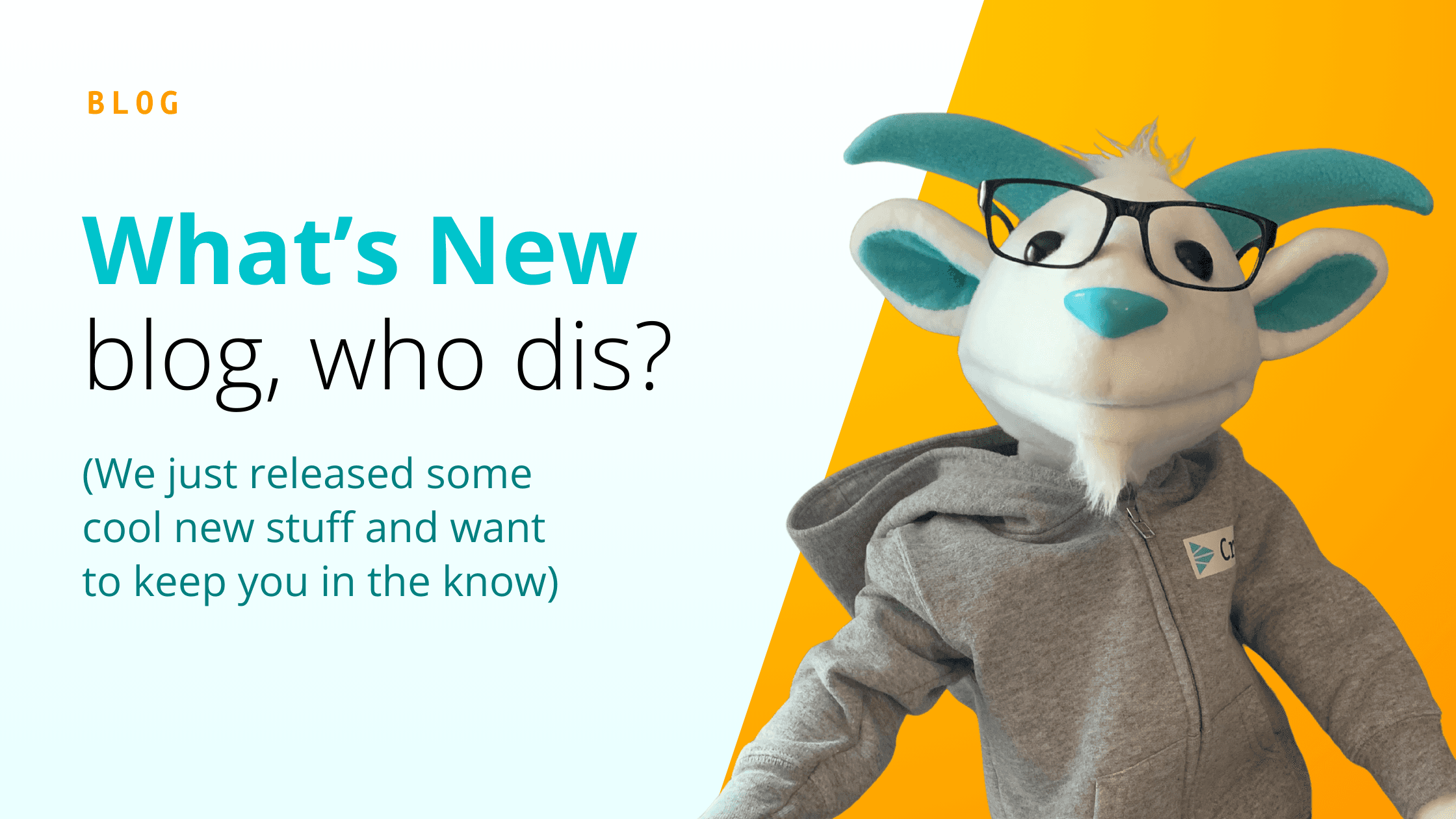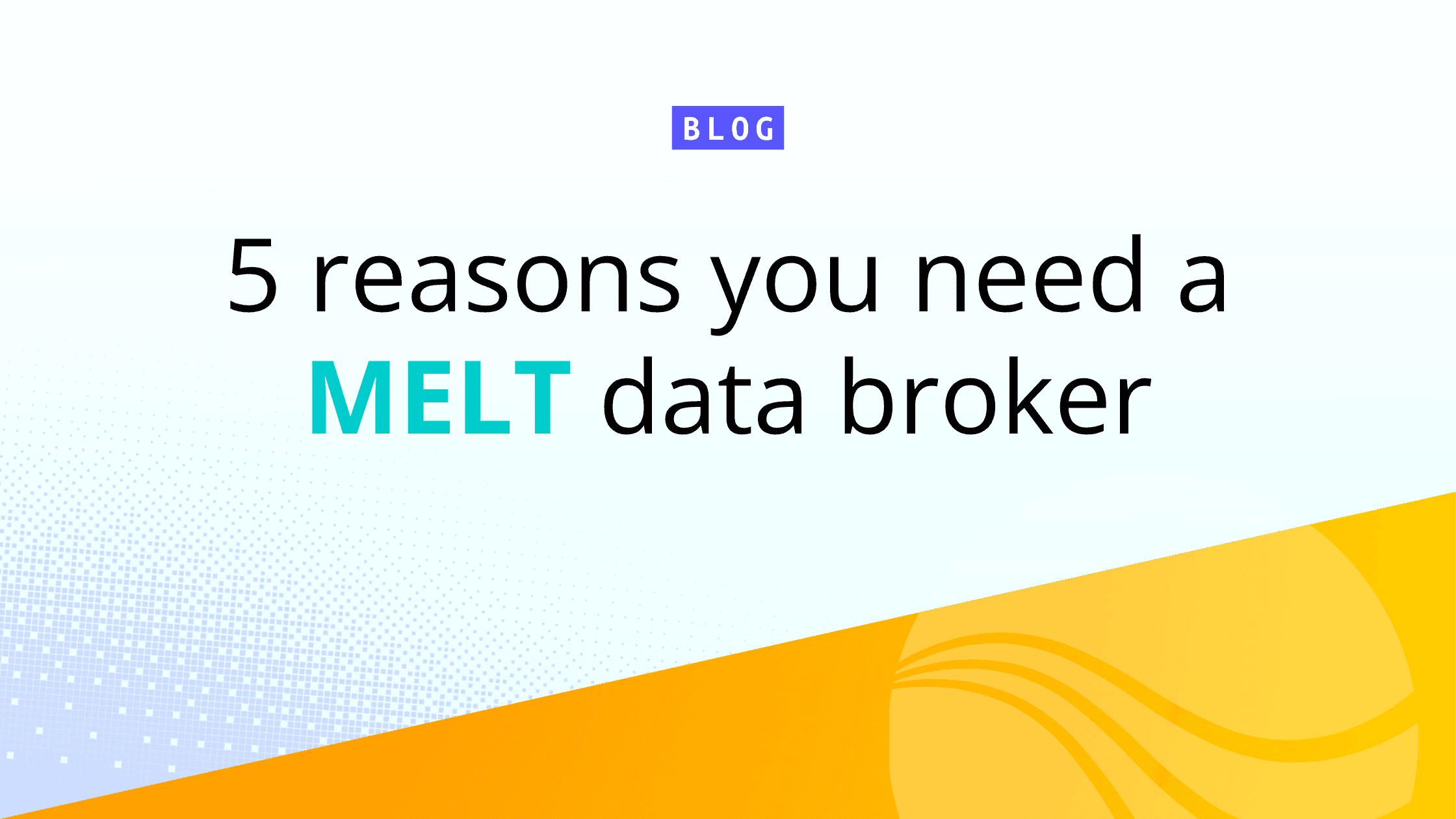Data routing is a crucial but complex task for companies of all sizes. Ensuring that the right data is sent to the right tools can be a time-consuming and difficult process, and when things go wrong, it can have costly consequences. This is why having a robust data routing strategy is essential for any organization. Additionally, with the increasing amount of data being generated, it becomes important to ensure proper data management which ensures that the right data is being captured, stored, and analyzed to make actionable decisions.
Enter Cribl Stream, the leading observability data pipeline that is built around protocols first, making it vendor-agnostic and compatible with current systems and software. It provides a best-in-class user experience that allows engineers to quickly construct pipelines, find the right data, transform it to the right format, and deliver it to the right set of tools. Here are a few specific examples of how Cribl Stream can help companies overcome the challenges of data routing.
Flexible Tool Choices
It’s important for teams to have flexible tool choices when it comes to data routing for several reasons:
Testing and Evaluation: Teams can use multiple tools to test and evaluate the performance of different data routing solutions with their specific data sets and use cases, allowing them to make informed decisions about which tool is best suited for their needs.
Scalability and Adaptability: Flexible tool choices allow teams to adapt to changing needs and scale their data routing infrastructure as their organization grows or as new technologies emerge.
Avoid Vendor Lock-in: With flexible tool choices, teams can avoid becoming locked into a single vendor’s solution, which could limit their options and increase the costs and risks of switching to a different solution later on.
Cribl Stream allows teams to send data to multiple tools, allowing them to safely test how it behaves with their security data and decide which is the best tool for a particular use case. Teams can quickly fork data to a new tool while keeping the default data flowing to their production toolset risk-free.
Cost Optimization
Cost optimization is a critical concern for any organization, and data routing is no exception. When implemented correctly, a data routing solution can help organizations reduce their costs in a number of ways:
Data Volume Reduction
One of the primary ways data routing can help organizations reduce costs is by reducing the volume of data they need to store and process. By eliminating duplicate fields, null values, and other elements with little analytical value, data routing solutions can help organizations cut down on the amount of data they need to store and manage. This can lead to significant cost savings on storage and CPU utilization, as well as faster search times.
Cloud Storage
Another way data routing solutions can help organizations save money is by routing data to cheap object storage. This can help organizations save money on expensive storage solutions while still ensuring they have access to their data when they need it. Additionally, data routing solutions can help organizations take advantage of the pay-as-you-go pricing models offered by cloud providers, which can help them reduce costs while still scaling their infrastructure as needed.
Cribl Stream gives teams the capability to clean data by eliminating duplicate fields, null values, and other elements with little analytical value. This results in a reduction in data volume and related infrastructure costs, such as storage and CPU utilization. Additionally, data formats can be optimized to lower compute costs and speed up searching.
Mitigating Data Gravity Issues
Data gravity, the phenomenon where the more data that is stored in a particular location, the more difficult it becomes to move it to another location. This is particularly relevant in the context of data routing, as data gravity can cause issues such as vendor lock-in, latency, and limitations of existing infrastructure.
One way data routing solutions can help organizations mitigate data gravity issues is by providing the ability to easily move data around. This allows organizations to avoid vendor lock-in, which can happen when an organization becomes heavily dependent on a particular vendor’s solution and finds it difficult to switch to another solution. By providing the ability to move data around, data routing solutions can help organizations avoid vendor lock-in and reduce their reliance on a single vendor.
Cribl Stream enables teams to easily move their data around and avoid traditional data gravity issues such as vendor lock-in, latency issues, and the limitations of existing infrastructure. It also allows for the automation of certain functions, including setting multiple destinations based on the data type.
Reducing Data Silos
A robust data routing strategy can also play a key role in reducing data silos. Data silos are caused by the tendency for different departments or teams within an organization to keep their data separate from each other, making it difficult for the organization to gain a holistic view of its data.
One way a robust data routing strategy can help reduce data silos is by centralizing data within a pipeline. This allows organizations to integrate data from different sources and gain a better understanding of the source data. By centralizing data within a pipeline, organizations can also reduce human error by automating certain functions and reducing the need for manual data transfer.
Another way data routing strategy can help reduce data silos is by providing full visibility and control over data, this allows teams to make better decisions and improve collaboration. By eliminating silos, teams have a better understanding of the data they are working with and can make more informed decisions.
Data routing strategy also allows teams to ensure data consistency and completeness, across the organization. This can help organizations avoid duplication of effort, improve data quality and gain a single source of truth for their data.
Cribl Stream can be a force multiplier by integrating data within a centralized pipeline, solving for data silos and human error. Teams have complete visibility and control and gain a better understanding of source data, which enables them to make the right decisions with less effort and drive better value.
Data Masking
It is important to protect data by masking it and storing it properly, but it is also essential to be able to retrieve the data quickly and easily when needed. Compliance with GDPR regulations requires companies to demonstrate their compliance to auditors, and using Cribl Stream can aid in this process of protecting data.
By sending copies of data to low-cost storage, you can avoid the need to predict which data needs to be kept in “hot” or “warm” storage for unexpected investigations. By keeping your SIEM and UEBA tools from being overwhelmed with extra data, you can use Stream to recall and replay any data you need to your analytics tools. Stream’s replay feature allows you to access past logs, metrics, and traces, and even specific data related to security incidents, without delay.
Wrap up
Data routing strategies play a crucial role in securing data by directing it to the appropriate storage locations and ensuring that sensitive information is protected from unauthorized access.
Cribl Stream offers a vendor-agnostic solution that enables teams to quickly construct pipelines, find the right data, transform it to the right format, and deliver it to the right set of tools. Additionally, it allows teams to mitigate data gravity issues, cost optimization, and reduce data silos by centralizing data. In the current environment, where digitalization is increasing the sophistication of cyber threats, a robust data routing strategy is more important than ever.







